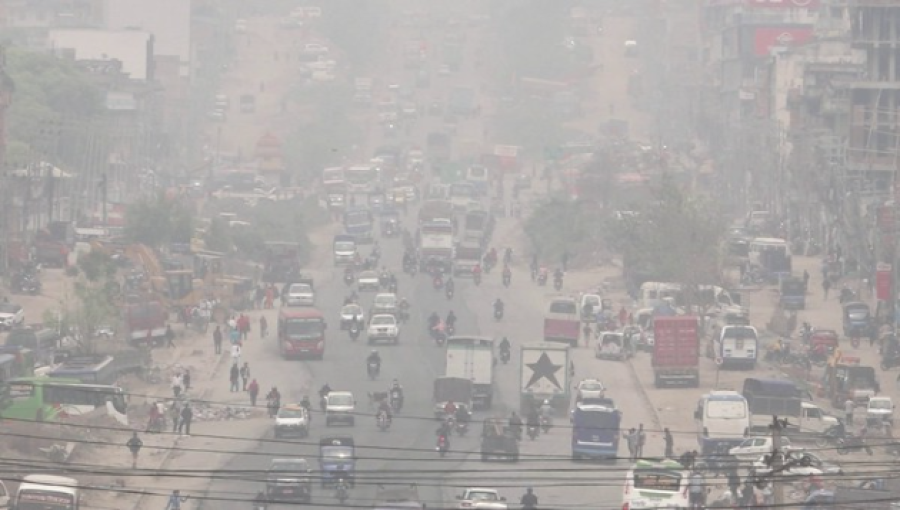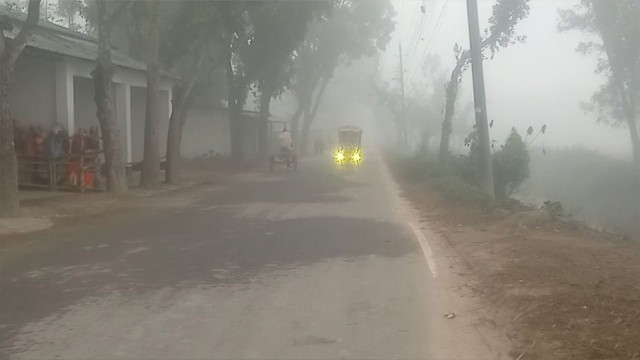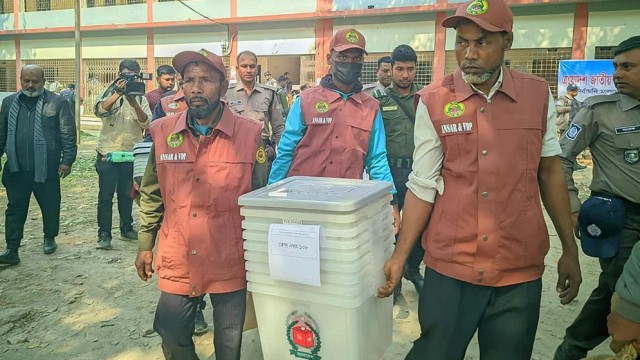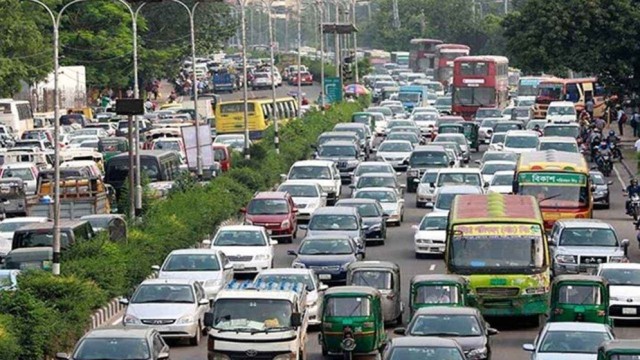This morning, Dhaka's air quality was classified as 'very unhealthy.' With an air quality index (AQI) score of 206 at 9 am on Monday, March 18th, Dhaka ranked third globally among cities with the poorest air quality. Lahore in Pakistan and Delhi in India occupied the first two positions on the list, with AQI scores of 238 and 228, respectively.
The Air Quality Index (AQI) serves as a crucial tool for informing locals about the daily air quality conditions in their city, providing valuable information on potential health impacts.
When the AQI value for particle pollution falls between 101 and 150, the air is classified as "unhealthy for sensitive groups." Readings between 150 and 200 indicate "unhealthy" conditions, signaling elevated health risks for all individuals. Air quality is categorized as "very unhealthy" when the AQI score ranges from 201 to 300. Scores surpassing 300 are labeled as "hazardous," indicating severe health risks and posing significant dangers to public health.
According to the World Health Organization, nearly seven million people lose their lives annually due to air pollution, highlighting the critical importance of monitoring and addressing air quality concerns on a global scale.
In Dhaka, air quality has been a longstanding concern, particularly worsening during the winter months. The city faces significant challenges in managing air pollution, with its PM2.5 level reaching 168 g/m, surpassing the World Health Organization's (WHO) recommended threshold by 24.8 times. The increased mortality resulting from air pollution is primarily attributed to various health conditions, including lung cancer, heart disease, stroke, acute respiratory infections, and chronic obstructive pulmonary disease (COPD).






























Comment: